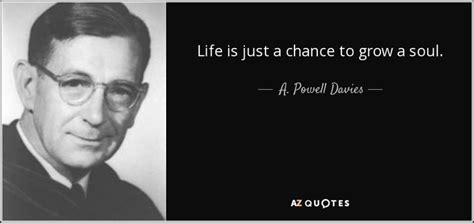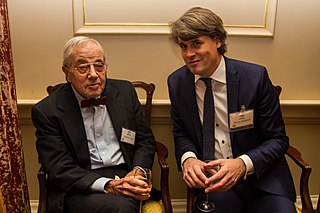A Quote by Leslie Fiedler
Unless criticism refuses to take itself quite so seriously or at least to permit its readers not to, it will inevitably continue to reflect the finicky canons of the genteel tradition and the depressing pieties of the Culture Religion of Modernism.
Related Quotes
What is literary tradition? What is a classic? What is a canonical view of tradition? How are canons of accepted classics formed,and how are they unformed? I think that all these quite traditional questions can take one simplistic but still dialectical question as their summing up: do we choose tradition or does it choose us, and why is it necessary that a choosing take place, or a being chosen? What happens if one tries to write, or to teach, or to think, or even to read without the sense of a tradition? Why, nothing at all happens, just nothing.
The distortions and insults about organized religion will continue unabated as long as our popular culture continues its overall campaign against judgment and values. A war against standards leads logically and inevitably to hostility to religion because it is religious faith that provides the ultimate basis for all standards.
The foreign audiences are somewhat surprised and happy to find an American film that asks questions about American culture. There's a certain kind of cultural imperialism that we practice. Our films penetrate every market in the world. I have seen and have had people reflect to me, maybe not in so many words or specifically, but I get the subtext of it - they're somewhat charmed and surprised and happy to see an American film reflect on our culture. Because they see other cultures reflect on our culture but they don't see US culture reflecting on itself in quite the same way.
Modernism was a big thing for me, coming from a father who was very interested in art, music and culture - and almost always Italian art, music and culture. One good thing about Italians is that culture is part of everyday life. But Modernism is a movement of the past. The idea of a Modernist building as a sculpture set on a pedestal of grass is a part of Modernism that I'm not so crazy about.
I remain a religious agnostic, but, unlike most atheists, I not only am not hostile to traditional religion but consider it a highly valuable, not to say essential, social institution... I am convinced that the moral regeneration and repair of a frayed social fabric that this country so badly needs will not take place unless more people take their religion seriously.
Virgil Thomson, the great classical music critic, who was also a composer, but said that criticism was the only antidote he knew to pay publicity. Critics at their best are independent voices people take seriously their responsibility to see as many things as they can see, put them in the widest possible perspective, educate their readers, I really do think of myself as a teacher. Newspapers that don't carry arts criticism at all while not fulfill this function. And probably their arts journalism will be deprived as a result.
I will continue to fight for legislation that forces Congress to read the bills! I will fight for a vote on my bill that calls for a waiting period for each page of legislation. I will continue to object when Congress sticks special interest riders on bills in the dead of night! And if Congress refuses to obey its own rules, if Congress refuses to pass a budget, if Congress refuses to read the bills, then I say: Sweep the place clean. Limit their terms and send them home!
If one believes philosophers, then what we call religion is only a deliberately popularized or an instinctively artless philosophy. Poets seem to consider religion rather as a variation of poetry which by misjudging its proper beautiful game takes itself too seriously and one-sidedly. Philosophy, however, admits and recognizes that it can begin and complete itself only with religion. Poetry seeks only to strive for the infinite and despises worldly utility and culture, which are the true antitheses of religion. Eternal peace among artists is thus not far away.
I take criticism so seriously as to believe that, even in the midst of a battle in which one is unmistakably on one side against another, there should be criticism, because there must be critical consciousness if there are to be issues, problems, values, even lives to be fought for... Criticism must think of itself as life-enhancing and constitutively opposed to every form of tyranny, domination, and abuse; its social goals are noncoercive knowledge produced in the interests of human freedom.
One of the great disadvantages of a literary or scriptural tradition like the biblical one is that a deity or context of deities becomes crystallized, petrified at a certain time and place. The deity doesn’t continue to grow, expand, or take into account new cultural forces and new realizations in the sciences, and the result is this make-believe conflict we have in our culture between science and religion.







































